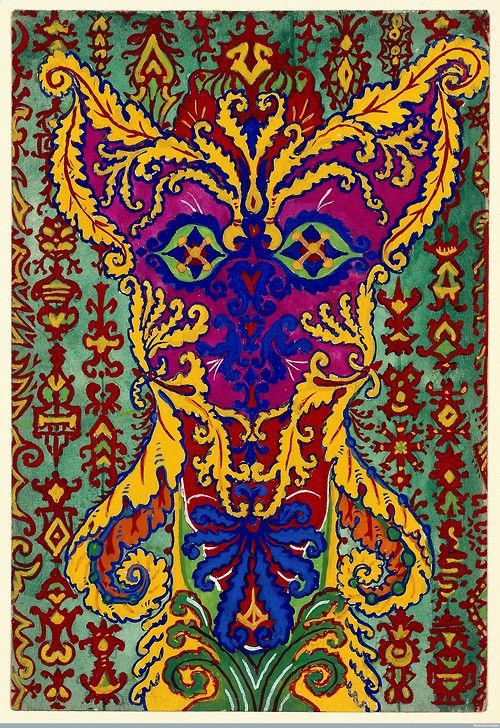The Tale of A Love Affair

“My love (Margaret), remember that felicitous night
That pinewood buss you gave me with delight
You made me madly in love, I hope the same to you
If you dare to deny my love, I’d wish god’s mercy upon you”
[youtube https://www.youtube.com/watch?v=amfq0AEO9Hs&w=560&h=315]
( It is recommended to read with the article.)
What could be the relationship between a love song, the old Concordia theatre and the St. Anthony church of Padua you wonder?
The Concordia theatre located in Beyoğlu district of Istanbul was a quite popular entertainment avenue during the time of Sultan Abdulhamid II. it was located on the Cadde-i Kebir, today’s famous Istiklal avenue. Not only was it famous for the dancing and singing acts from Europe, but also the nature of the visitors that came in. Majority of these were generals, lords, wealthy ottomans and Levantines as well as members of the French community of Constantinople. At that time, there was a British[1] family [2] “the Morgans” who were trapeze artists. They performed at the Concordia theatre and during their shows, the youngest daughter Margaret sold postcards of herself to the visitors. She was a beautiful young girl and many men secretly vied for her attention. Among them was the special aide to Sultan Abdulhamid II, Fehim Pasha. Fehim pasha was feared for his infamous involvement in tortures, murders and robberies. It is also believed that Fehim Pasha was part of Sultan Abdulhamid II’ s intelligence and espionage activities.
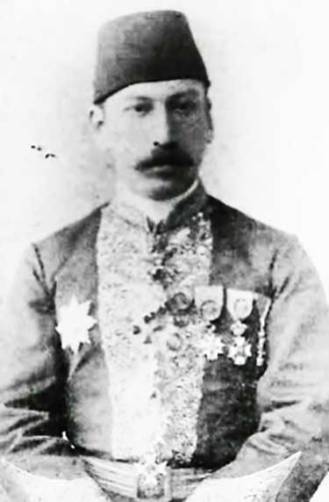
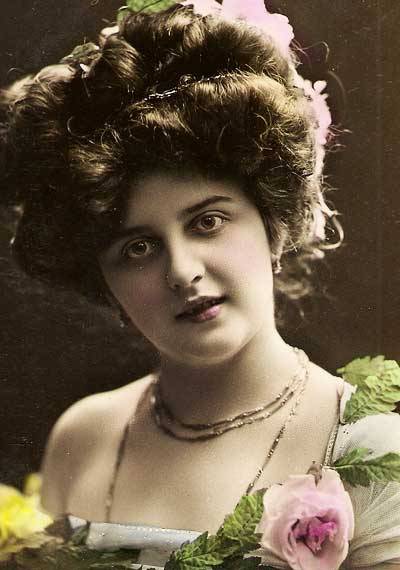
One day, Fehim Pasha’s father remarked about the Concordia Theatre in Pera’s newest acrobat, the beautiful Margaret. He asked his son so they could go and see for themselves this new member. Fehim Pasha agreed and upon seeing Margaret, he was left in awe. He had fallen in love with her.[3] Margaret soon became the mistress to sultan Abdulhamid II’s most feared aide Fehim Pasha. He went as far as furnishing a mansionthe Şişli area of Constantinople for Margaret.

However due to the reputation he had earned overtime, things started moving quite in the opposite direction. It had been a reputation of murder, torture and extortion. Together with his gang of ruffians, he had tortured and bullied merchants for years but his luck was soon to run out when he was confronted by some German merchants. These merchants in collaboration with the British merchants protested calling for an end to Fehim Pasha’s brutal activities. This saw the intervention of government representatives in the protest that resulted in Fehim Pasha being exiled in Bursa during 1907.[4] Over the following year, the Young Turk revolution broke out thus leading to the overthrow of Sultan Abdulhamid II in July 1908.
The aftermath involved the arrest and killing of some of Sultan Abdulhamid II’s generals. Owing to his background and the nature of events at the time, Fehim Pasha decided to escape from exile but was recognised and stoned to death in the town of Bilecik.
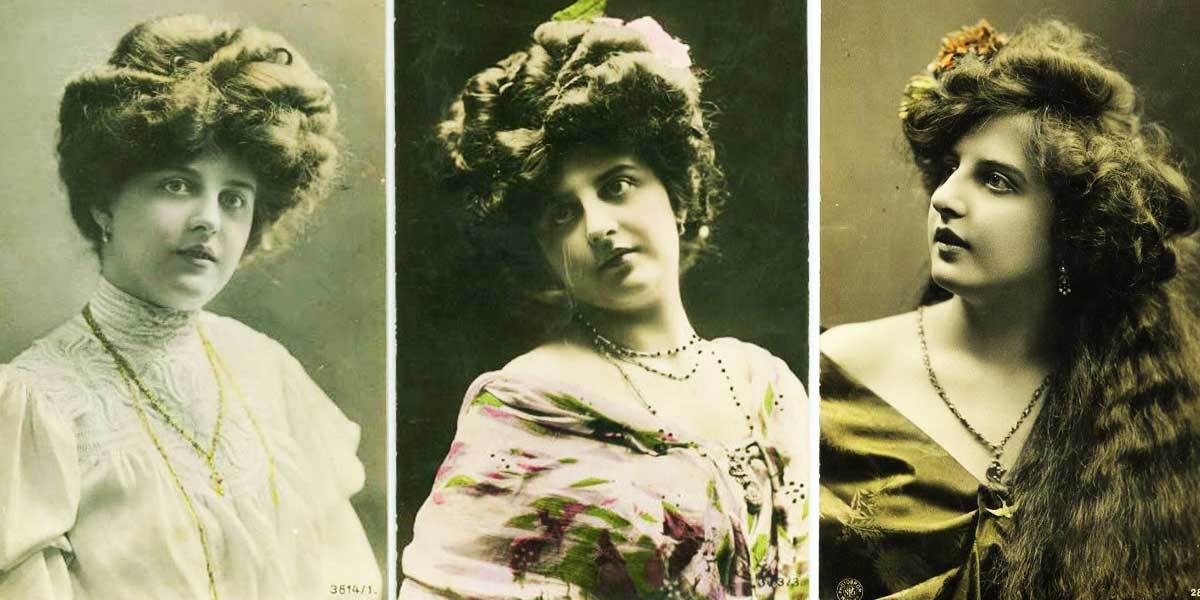
After a while, a tune was being played in the joints around Constantinople. It was song of love that had bloomed prior to all the events. The song was composed by Muhlis Sabahaddin referencing to Margaret and Fehim Pasha’s love affair,
“My love, remember that felicitous night… that pinewood buss you gave me with delight…”
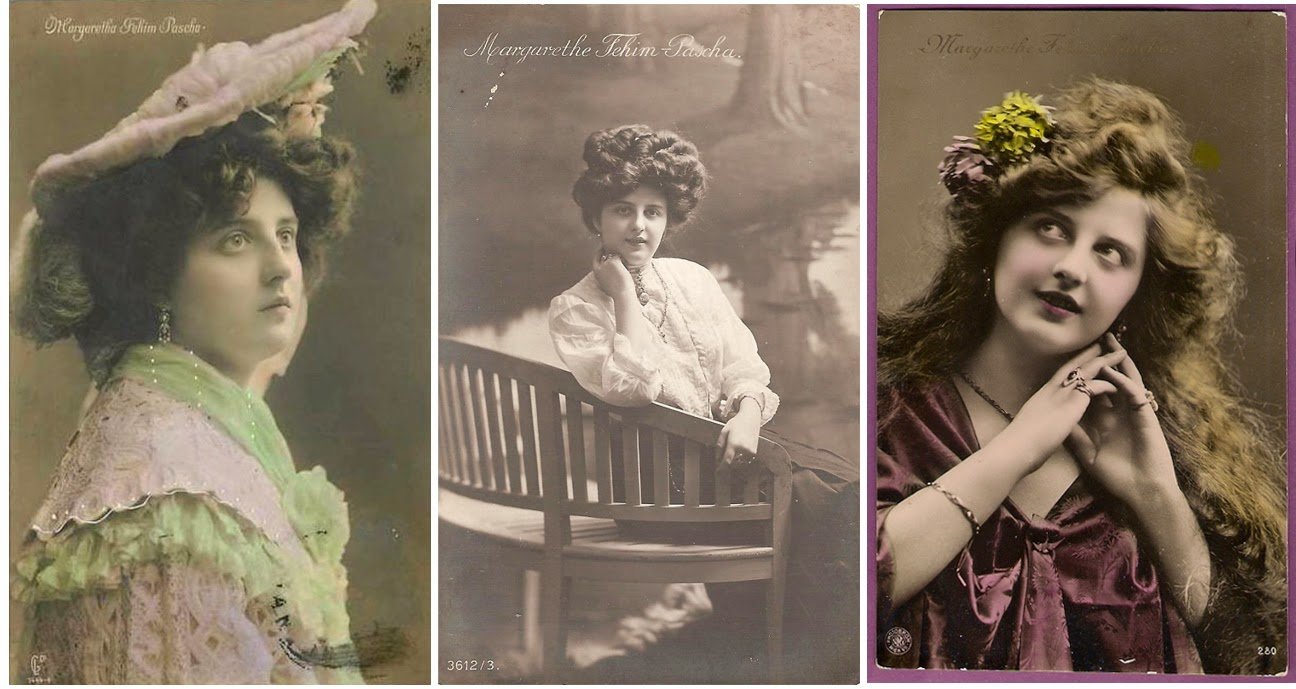
The famous Concordia theatre was demolished in the early 18th Century. In its place, a Venetian Neo-Gothic style church, the St. Anthony of Padua church was built between 1906 and 1912. This symbolises the relationship between the Concordia theatre and the St. Anthony of Padua churchwhilst giving the meaning behind Muhlis Sabahaddin’s classic “memories of the felicitous night”.
YAZAN: Merve ALEMDAROĞLU
[1] Were they British, American or French. Each source is a bit different.
[2] Koçu, E. R. (2003). Hatice Sultan ve Ressam Melling. Margaret Fehim Paşa “Hafiyenin Metresi” (ss. 147-48). Istanbul: Doğan Yayıncılık
[3] Koçu, E. R. (2003). Hatice Sultan ve Ressam Melling. Istanbul: Doğan Yayıncılık
[4] Bardakçı, Murat. (2011, 29 Mayıs). Türkiye’de Paşa tutuklanmalarının 100 küsur senelik hüzünlü tarihi… Erişim tarihi: 05 Temmuz 2016,
www.haberturk.com/yazarlar/murat-bardakci/


